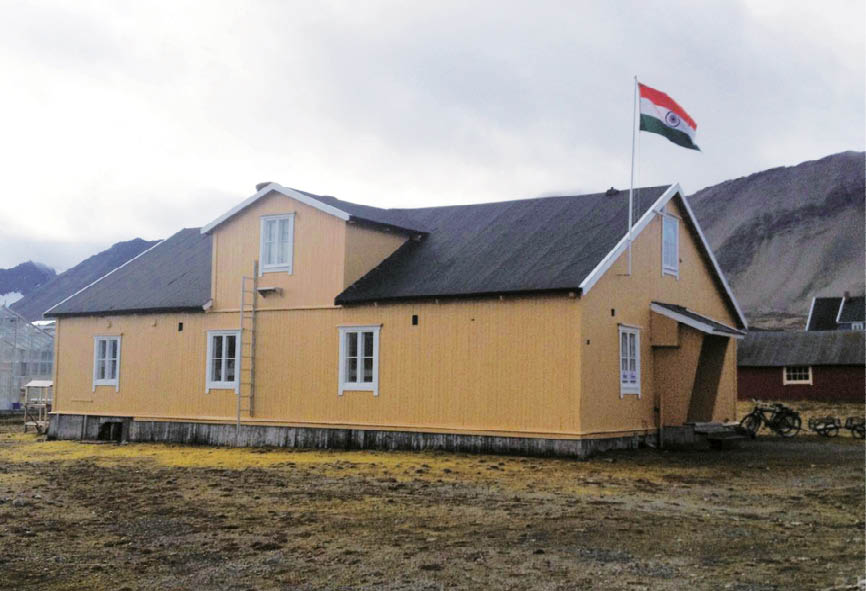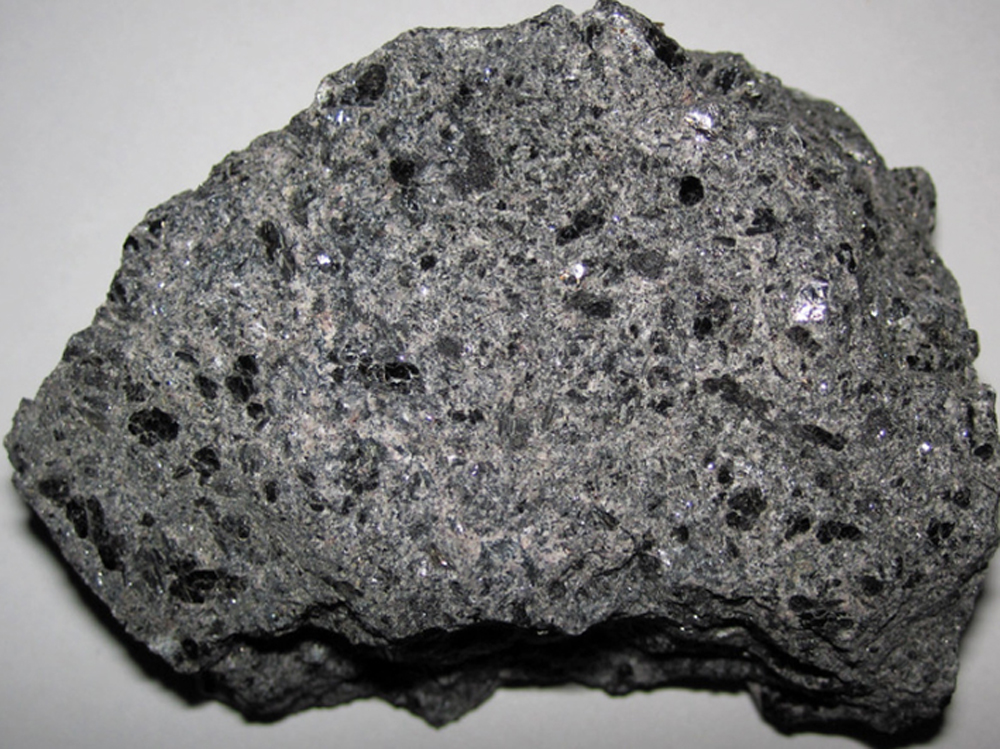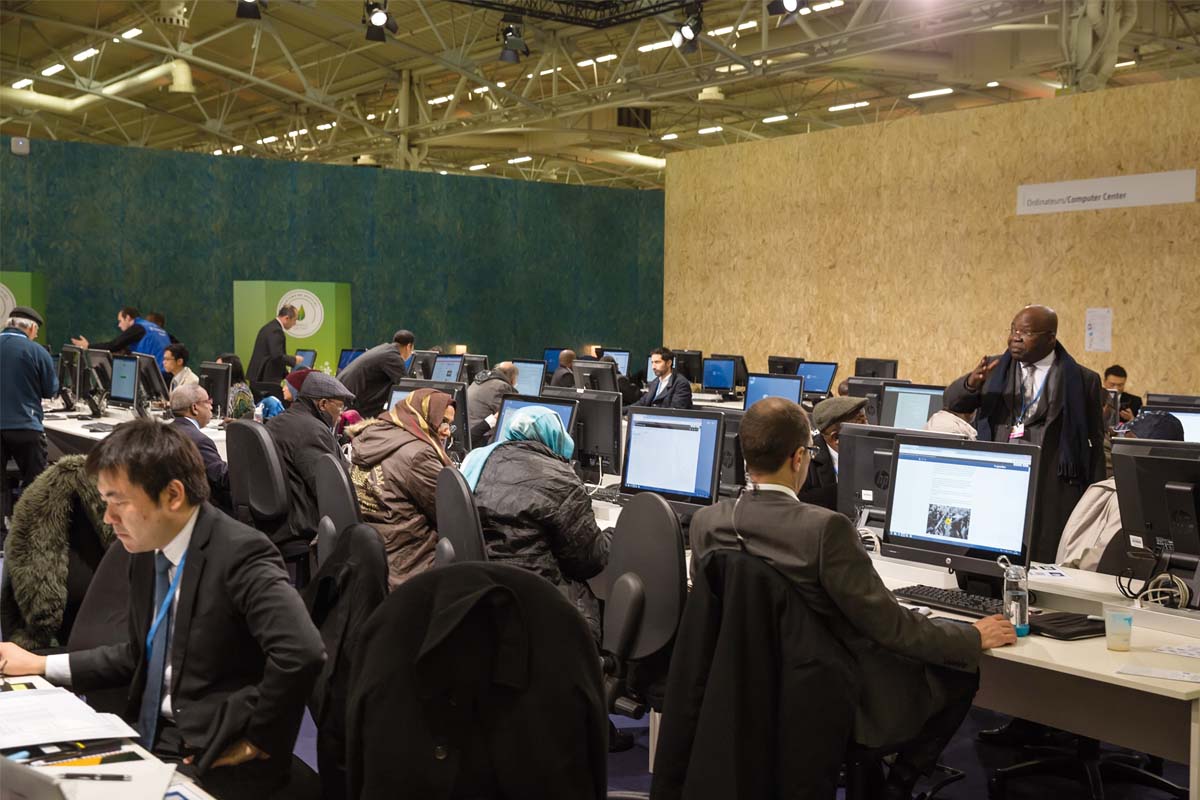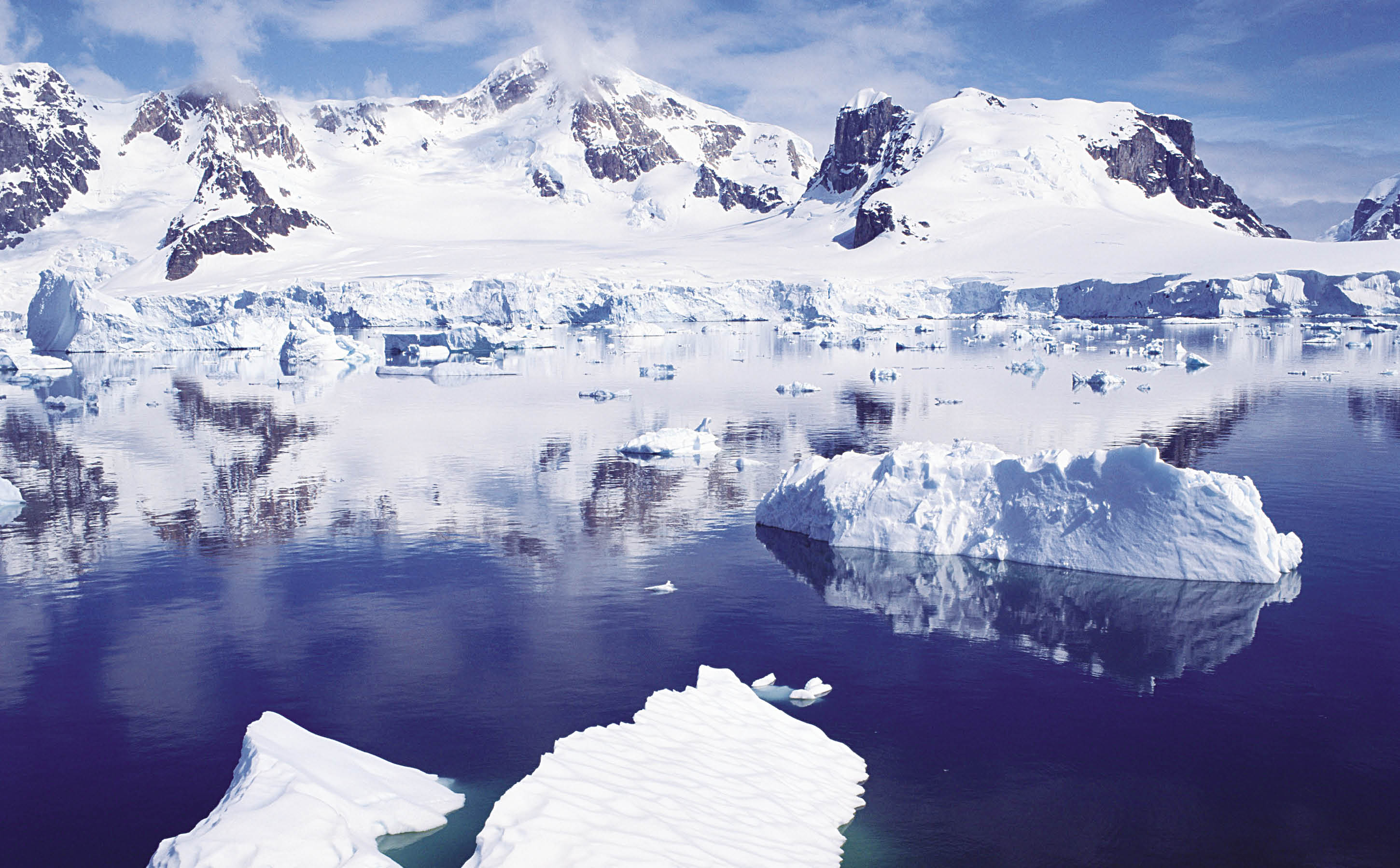India and the Arctic



India is set to embark on a new chapter in its Polar exploration journey with the construction of Maitri II. The Indian government plans to establish a new research station near the existing Maitri ba...
.png )
The Deep Ocean Mission (DOM), approved by the Government of India in 2021 under the Ministry of Earth Sciences (MoES), represents a strategic step in realizing Sustainable Development Goal 14 (SDG 14:...

China recently announced restrictions on the export of seven rare earth elements (REEs), soon after US President Donald Trump decided to impose tariffs. As the world's dominant supplier—responsible fo...
The Arctic holds special importance for India as the Indian monsoon and Arctic processes are intricately connected. The First Indian scientific expedition to the Arctic was launched in 2007 which led...
We need to realise that climate change under the Anthropocene, the present era of human civilization, may have long ranging impacts on the two Polar regions and therefore make some essential policy ch...
Arctic sea ice during the 2007 melt season plummeted to the lowest levels since satellite measurements began in 1979.
The Arctic holds special importance for India as the Indian monsoon and Arctic processes are intricately connected. The First Indian scientific expedition to the Arctic was launched in 2007 which led to establishment of ‘Himadri’ in Ny-Ålesund in 2008. India joined the International Arctic Science Committee in 2012 and is an Observer in the Arctic Council since 2013.

We need to realise that climate change under the Anthropocene, the present era of human civilization, may have long ranging impacts on the two Polar regions and therefore make some essential policy changes accordingly.

Arctic sea ice during the 2007 melt season plummeted to the lowest levels since satellite measurements began in 1979.
